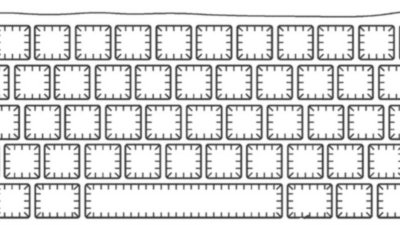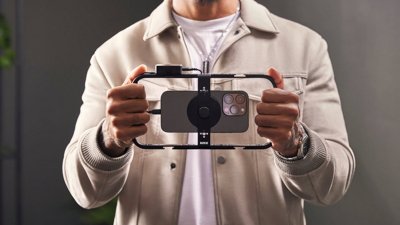Jury won't be informed of deleted Apple, Samsung emails
Editor's note: It should be noted that conflicting reports from other media outlets put Judge Koh's Monday statements into question, however AppleInsider has obtained the signed written order which corroborates CNET's coverage.
The offer to not disclose either side's possible breach of legal responsibility came after Judge Koh overruled a previous judgment from Magistrate Judge Paul Grewal, which denied Samsung's motion to hold Apple to similar evidence destruction claims. According to in-court reports from CNET, the jurist said on Monday that she would be siding with Samsung's filing, requiring her to inform the jury that both parties failed to keep emails and other documents related to the case.
Apple in July won a motion for an adverse inference jury instruction against Samsung over the company's mySingle email system which includes a security protocol that automatically destroys messages after two weeks. The Cupertino company said mySingle could have deleted evidence germane to the case even after Samsung was made aware of the impending lawsuit. For reference, the email auto-deletion system was resulted in a similar adverse ruling seven years ago in the New Jersey court case Mosaid v. Samsung.
In a so-called "me too" filing, Samsung countered Apple's adverse instruction win with its own motion, alleging the iPhone maker failed to preserve possibly vital emails. At the time, the argument was thought to be weak, however Judge Koh's decision to overrule Magistrate Judge Grewal's denial proves otherwise.
Tuesday's lengthy 30-page order outlines Judge Koh's reasoning in not sanctioning either party:
In considering what spoliation sanction to impose, if any, courts generally consider three factors: “‘(1) the degree of fault of the party who altered or destroyed the evidence; (2) the degree of prejudice suffered by the opposing party; and (3) whether there is a lesser sanction that will avoid substantial unfairness to the opposing party.’"[…]Thus, while a finding of bad faith is not a prerequisite for an adverse inference sanction, “a party’s motive or degree of fault in destroying evidence is relevant to what sanction, if any, is imposed.â€
Among a litany of examples of precedent and legal minutiae, including suspect evidence preservation by both sides, the Court granted-in-part and denied-in-part Samsung's motion for relief from Judge Grewal's denial.
Judge Koh found the following jury instructions were warranted:
Samsung Electronics Company has failed to preserve evidence for Apple’s use in this litigation after its duty to preserve arose. Whether this fact is important to you in reaching a verdict in this case is for you to decide.
Apple has failed to preserve evidence for Samsung’s use in this litigation after its duty to preserve arose. Whether this fact is important to you in reaching a verdict in this case is for you to decide.
The judge notes, however, that both parties wished neither jury instruction be given if the Court decided to issue identical adverse inferences, and will therefore not be reading either when jury deliberations begin.
Apple v. Samsung is scheduled to continue on Tuesday, when both parties have two hours each to present their closing arguments. The case will then move on to jury deliberation which may yield a verdict by the end of the week.
 Mikey Campbell
Mikey Campbell


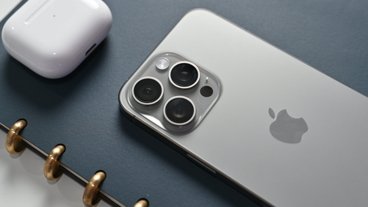
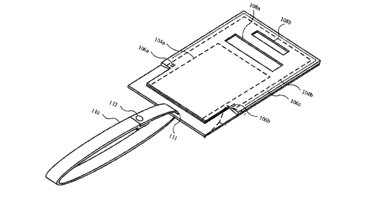





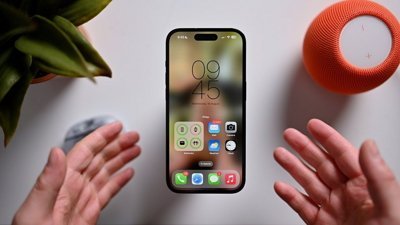
 Malcolm Owen
Malcolm Owen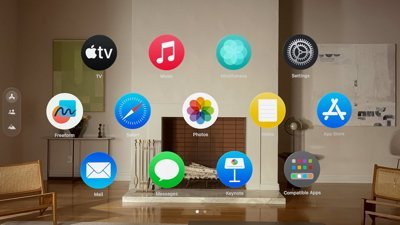

 William Gallagher
William Gallagher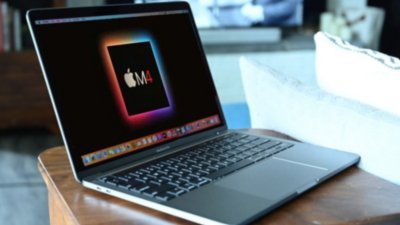
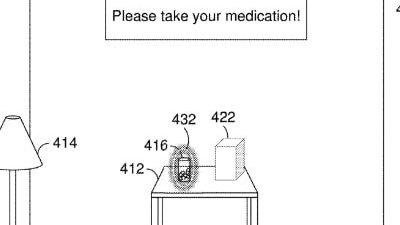
 David Schloss
David Schloss
 Amber Neely
Amber Neely